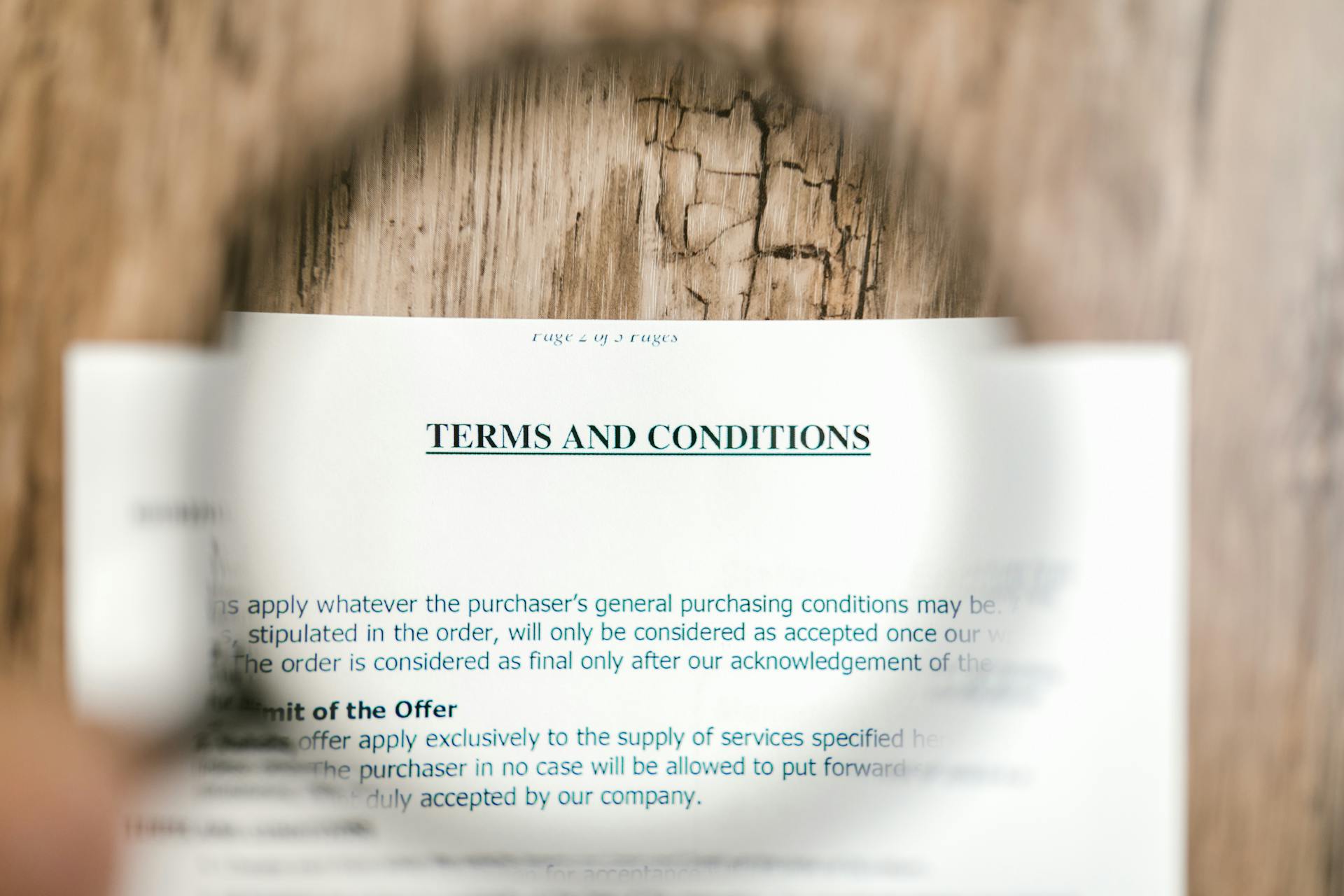If you’re running a WordPress-based store and want to earn passive income without managing inventory, learning how to create external and affiliate products in WooCommerce might be the smartest move you make.
Whether you’re promoting Amazon items, digital courses, or third-party services, WooCommerce makes it easy to list and sell products from other websites. The best part is that you can still earn a commission while someone else handles the shipping, support, and fulfillment.
Table of contents
ToggleWhat are External and Affiliate Products in WooCommerce
It’s important to understand exactly what it means to create external and affiliate products in WooCommerce.
External Products
An external product in WooCommerce is a listing that appears on your store but redirects customers to another website to complete the purchase. For example, you can list a camera on your WooCommerce store, but when the customer clicks “Buy Now,” they’re taken to Amazon to finish the transaction.
Affiliate Products
Affiliate products work the same way as external products, but with one big bonus: you earn a commission for referring the sale. It’s a popular strategy for bloggers, influencers, and content creators who want to monetize their audience without creating their own physical or digital products.
In WooCommerce, both these product types are set up in the same way using the “External/Affiliate Product” option.
What to Look For When Creating External and Affiliate Products in WooCommerce
If you want to create external and affiliate products in WooCommerce that truly convert, you need to pay attention to a few key things:
1. Choose Trusted Affiliate Programs
Make sure you only promote products from well-known and trusted affiliate programs like Amazon Associates, ShareASale, CJ Affiliate, or individual brand programs. This builds credibility and trust with your customers.
2. Use High-Quality Product Images
Even though you’re not selling the product directly, your customers still see it on your WooCommerce store. Use clear, high-resolution images that make the product visually appealing.
3. Write Compelling Descriptions
Take the time to write engaging product descriptions. Don’t just copy and paste from the vendor’s site. Explain why the product is valuable, highlight key features, and use persuasive language to encourage clicks.
4. Add a Strong Call-to-Action (CTA)
Instead of a generic “Buy Now” button, consider changing the text to “View on Amazon” or “Get This Deal.” It tells users exactly what to expect.
5. Use SEO-Friendly URLs and Keywords
When you create external and affiliate products in WooCommerce, optimize your product titles and descriptions for search engines. Use relevant keywords to boost visibility.
6. Make Sure Links are Working
Test your affiliate or external product links regularly to ensure they aren’t broken. A dead link means lost revenue.
Why Use External and Affiliate Products in WooCommerce
So, why should you bother to create external and affiliate products in WooCommerce instead of just selling your own? Here’s why:
1. No Inventory Hassles: You don’t need to stock, ship, or manage returns. It’s a hands-off business model.
2. Easy to Scale: You can add hundreds of products from various brands without worrying about fulfillment.
3. Low Startup Costs: There’s no need to invest in manufacturing or warehousing. All you need is your website and affiliate links.
4. Multiple Income Streams: You can join several affiliate programs and offer a wide variety of products, increasing your chances of earning more.
5. Perfect for Content Creators: If you’re a blogger or YouTuber, affiliate products blend perfectly with your content. Write a blog, recommend a product, and link it as an affiliate item.
6. Integrates Seamlessly with WooCommerce: WooCommerce gives you full control over how you present affiliate products, so they feel like a natural part of your store.
When you create external and affiliate products in WooCommerce, you’re essentially building a digital storefront that earns while you sleep.
How to Use WooCommerce to Create External and Affiliate Products
Now let’s get to the good part how to create external and affiliate products in WooCommerce. Follow these steps to get started:
Step 1: Access the WooCommerce Admin Panel
Start by logging into your WordPress website where WooCommerce is installed. Once you’re in the WordPress dashboard, look for the WooCommerce tab on the left-hand sidebar. From here, navigate to Products. This section is your command center for managing everything related to products, whether they’re your own or affiliate listings. You’ll now be ready to add a new product to your store.
Step 2: Add a New Product
Click on the Add New button under the Products menu. This takes you to the product editor screen. Begin by entering the Product Title—make sure it’s clear, descriptive, and reflects what the product is. For example, instead of just writing “Headphones,” go with something like “Noise-Cancelling Bluetooth Headphones by XYZ Brand.” A well-written title helps customers instantly understand what you’re offering and improves search visibility.
Step 3: Write a Compelling Product Description
In the main content editor, you’ll want to enter a detailed product description. This is where you describe what the product is, how it works, its key features, and why someone should buy it. Even though the product is external, your description should be unique and informative to help with SEO and give customers confidence in the purchase.
You can also add a short description in the designated box further down the page. This is the brief snippet that appears near the product image on your store’s front end. Keep this summary catchy and benefit-focused.
Step 4: Set the Product Type to External/Affiliate
Now scroll down to the Product Data section. This is where the magic happens. From the dropdown menu at the top of this box, select External/Affiliate product. This changes the settings, so WooCommerce knows you’re not selling this item directly but through another platform.
Step 5: Enter the Affiliate URL
Once you’ve selected the external/affiliate product type, a new field labeled Product URL will appear. This is where you paste the affiliate link or the external URL where customers will complete their purchase. This link should be provided to you by the affiliate program you joined (e.g., Amazon Associates, ShareASale, etc.).
Make sure you use the correct link with all your tracking information so you get proper credit for each referral.
Step 6: Customize the Button Text
By default, WooCommerce uses the “Buy product” button for external products. But you can change this to something more engaging like “Shop Now,” “Get This Deal,” or “Buy from Amazon.” You’ll find this field labeled Button Text just under the Product URL field. This small tweak can improve your click-through rate.
Step 7: Set the Regular Price
Even though customers won’t buy the product directly from your store, it’s still important to set a regular price (and optionally, a sale price). This provides transparency and gives customers an idea of what to expect before they click through. It also keeps your store consistent in appearance with other products.
Step 8: Upload a Product Image
Next, scroll down or over to the Product Image section. Upload a high-quality image that clearly shows the product. Even though you’re linking to an external site, visual presentation is everything in eCommerce. If you have access to multiple images, add them to the Product Gallery section to create a more immersive product page.
Step 9: Organize with Categories and Tags
Assign your product to a relevant category (like Electronics, Fitness Gear, or Fashion). You can also add tags that describe the product’s features (e.g., wireless, waterproof, portable). This helps customers filter and find what they need faster—and helps search engines understand your site structure better.
Step 10: Optimize for SEO
Use a plugin like Rank Math or Yoast Seo to optimize your product page for search engines. Add a meta title, meta description, and focus keyword (for example, “Bluetooth Noise Cancelling Headphones”). Make sure your content includes this keyword naturally in the title, descriptions, and image alt text.
This step is crucial if you want your external product pages to attract organic traffic and improve your WooCommerce store’s visibility.
Step 11: Preview and Publish
Before going live, hit the Preview button to see how the product page will appear to customers. Check that the title, description, image, button text, and affiliate link all look good and function properly.
Once you’re satisfied, go ahead and hit Publish. Congratulations—you’ve successfully added your first external or affiliate product in WooCommerce!
Step 12: Monitor and Improve
After publishing, keep an eye on the product’s performance. Track clicks on your affiliate link (some affiliate programs or link shorteners offer analytics) and monitor conversions. Over time, you can experiment with different product titles, button texts, or image placements to improve results.
You can also add more products by repeating the same steps. The more value-driven affiliate items you have on your site, the higher your chances of earning consistent passive income.
Start Earning with Affiliate Products Today
Learning how to create external and affiliate products in WooCommerce is a smart move for anyone looking to build a passive income stream through WordPress. It’s a flexible, scalable, and low-risk model. You won’t need to worry about inventory, shipping, or customer service your focus can remain on crafting a compelling storefront and bringing in targeted traffic.
Start small by listing a few trusted products, join reputable affiliate programs, and optimize each page to convert visitors into clicks. With the right strategy and a little consistency, you’ll be able to grow a profitable WooCommerce affiliate store that runs smoothly and earns while you sleep.
Now that you know how to create external and affiliate products in WooCommerce, take the first step—put this knowledge into action and start building your income-generating site today.
Interesting Reads:
The 12 Best WordPress Plugins for Restoring Websites Quickly





